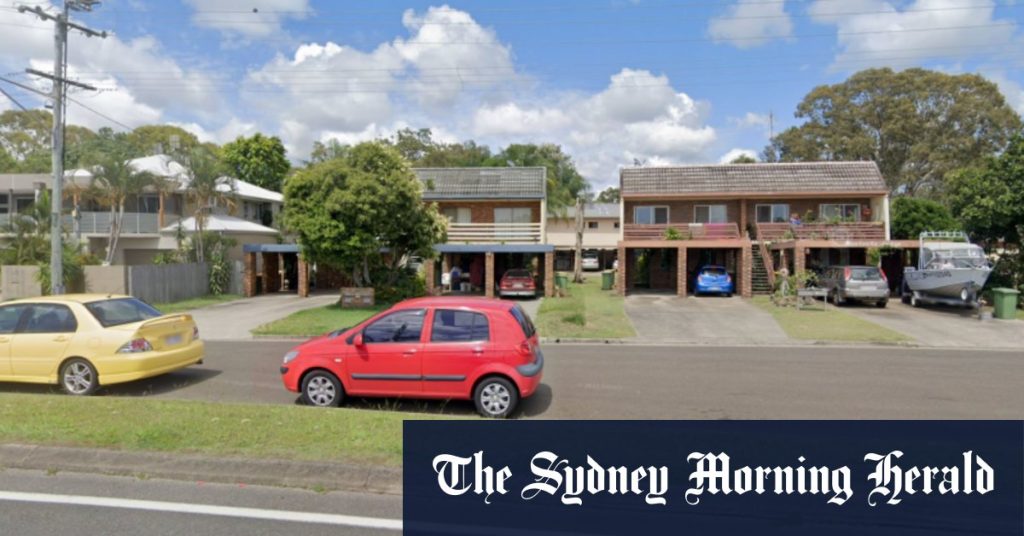John Davies had his home compulsorily acquired by the Queensland government for a road project which led to him receiving compensation of $509,750 for his Mooloolaba unit. However, due to an error made by a state government official, Davies was overpaid by $81,000, with the incorrect amount listed as $590,750. This error went unnoticed by Davies, his solicitor, and the government initially. Almost a year and a half later in February and March 2024, Transport and Main Roads (TMR) demanded that Davies repay the $81,000, threatening legal action if he refused.
Despite the mistake being made on the government’s end, Davies was being held responsible for repaying the overpaid amount, along with interest and costs. The situation has caused distress for Davies, who believes it is a failure on the part of TMR. He expressed disappointment in not receiving an apology or any sense of accountability from the government. The demand for repayment comes amidst a significant cost blow-out of $424 million on the project, with the federal government also cutting its funding.
The Mooloolah River Interchange project, which involves the acquisition of properties and the construction of a new road overpass and connection, aims to separate local traffic from high-speed motorway traffic at Mooloolaba on the Sunshine Coast. TMR acquired a total of 157 properties for the project at a cost of $119 million. The error in Davies’ compensation is just one example of the challenges and disputes that can arise during large-scale infrastructure projects with compulsory property acquisitions.
It is unclear how the situation will be resolved, as Davies continues to face pressure from TMR to repay the overpaid amount. The demand for repayment has added to the already complex and costly nature of the Mooloolah River Interchange project. The lack of apology or acknowledgment of responsibility from TMR has only added to Davies’ frustration and disappointment in the handling of the situation.
The case serves as a reminder of the potential issues that can arise when governments undertake compulsory property acquisitions for infrastructure projects. The human errors and lack of accountability in this instance have created unnecessary stress and financial burden for John Davies. As the project faces further challenges and cost overruns, it remains to be seen how similar situations will be handled in the future to prevent further injustices and disputes with property owners. There is a need for better oversight and accountability in these processes to ensure fair and transparent outcomes for all parties involved.


